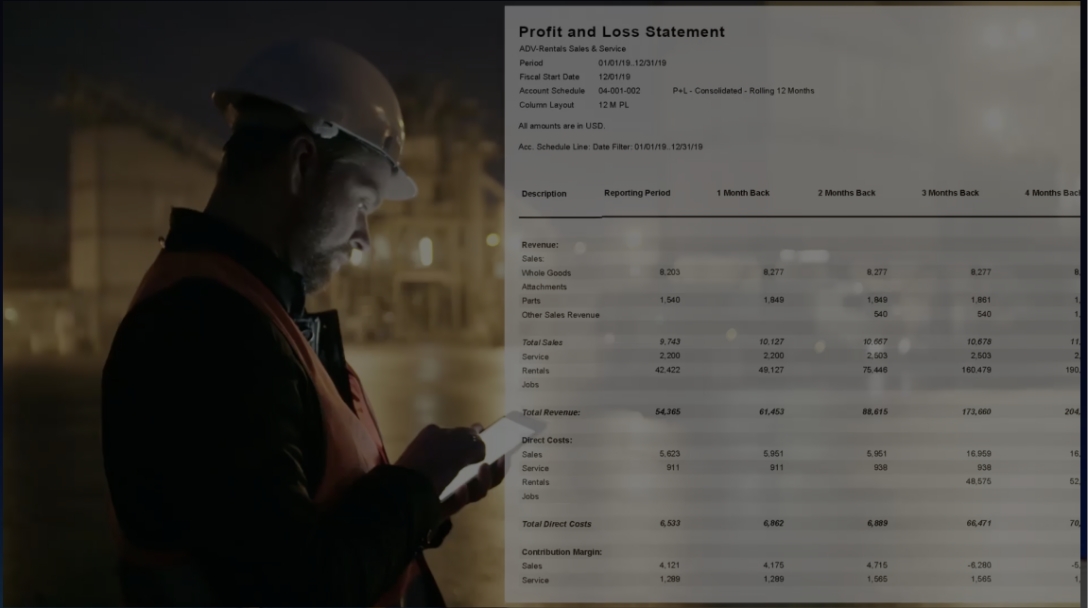Should the Cloud Come Back to Earth? Four Reasons Why it Shouldn’t
Lately, there have been whispers of a movement that question whether or not the Cloud is the best place for software. However, these arguments are being led by software companies that have yet to embrace the Cloud. So here are four very compelling reasons WHY NOT to return to on-premises solutions, and WHY it’s best to continue on the cloud bandwagon as it reaches full speed.
Outages
It is true that “on-prem” systems are not forced to rely on outside assistance for keeping their system “up”, however, that does not mean they are not still at the mercy of the elements. Outages are still possible when hosting your own server and, actually, you’re at even greater risk for more frequent and more severe outages. Unlike large data hosting centers (that are accessible more cheaply to Cloud software companies) you likely do not have access to redundant power supplies, protection measures, or hosting capabilities from multiple locations.
With the Cloud, all you need is Internet. And if power or the Internet were to go out, you would still be able to access a mobile hotspot to keep your company running.
- Costs and ROI
Many companies cite return on investment as their reason for wanting an on-premises system, but while ROI is easiest to calculate when you start with a big up front investment (like you do with on-prem systems), this is by no means the only way…or even the best way. Just ask any accountant and they will tell you they would rather have an “operating expense” than a “capital expenditure”. On-prem systems are capital expenditures that come with large up-front price tags and must be amortized, meaning the cost of an asset, over a period of time, must be written off. Also, when calculating their value at tax time, their costs depreciate each year. However, operating expenses are costs that are incurred yearly, and therefore, at tax time, your business can deduct them in full. Cloud solutions are in fact an operating cost, and the reason for this is because they are subscription-based.
If you consider the fact that most companies keep their software for approximately 10 years, the costs and ROIs are a wash–if not slightly tipped in favor of cloud system, due to tax savings, as well as potential payroll savings (from being able to keep a smaller IT team).
- Longevity
It may bring comfort to have an on-prem system that you “own” and can keep for as long as it takes to get that high ROI. However, we are in the midst of a technological era that brings many additional risks to stagnant systems, such as on-premises solutions.
First, large companies like Microsoft are quickly phasing out tech support for their on-prem versions. Therefore, if you were to have an issue, you might potentially find yourself with a system that no one can assist you with.
Second, new features and new technology are constantly being rolled out. Cloud software (or at least good cloud software) will be on a schedule that’s regularly upgraded, making sure your business stays on the cutting edge.
Third, when the inevitable time comes that a software replacement is needed—when your outdated version is causing or having problems. That large upfront cost of your on-prem system might stand in the way of your ability to purchase an upgrade. And you’ll be kicking yourself, because the opportunity cost of that delay–is the growth you would have experienced if you upgraded systems immediately.
- Data Safety
The thought is: “my data is safer with me”. Statistically, that’s simply not true. Not only is your data still a target for hackers, but your risk of data theft is actually far higher by keeping your data on site.
Unfortunate though it may be, the greatest risk to your business’s data is your own employees. These employees know what that data is for, who your competitors are, and have more ways to gain access to it. However, when that data is accessible from the cloud, hosted in a data center unmarked from the outside, with redundant safety mechanisms in place, whose employees don’t even know the businesses that are being run on those servers…your data is much more secure!
So there you have it! Assuming you partner with the best Cloud software provider you can, you will enjoy the benefits of the cloud including:
- More protection from outages, not less.
- More easily calculated costs, a comparable ROI, and more love from your accountant
- A software that stays up to date and that will last as long as your lasts
- Safety in the anonymity and security of data centers.
Our roots may be in earth-based software, but going forward, keep your head in the Cloud!



 800-252-5011
800-252-5011 40 Darling Drive Avon, CT 06001
40 Darling Drive Avon, CT 06001
 sales@rmiusa.com
sales@rmiusa.com
